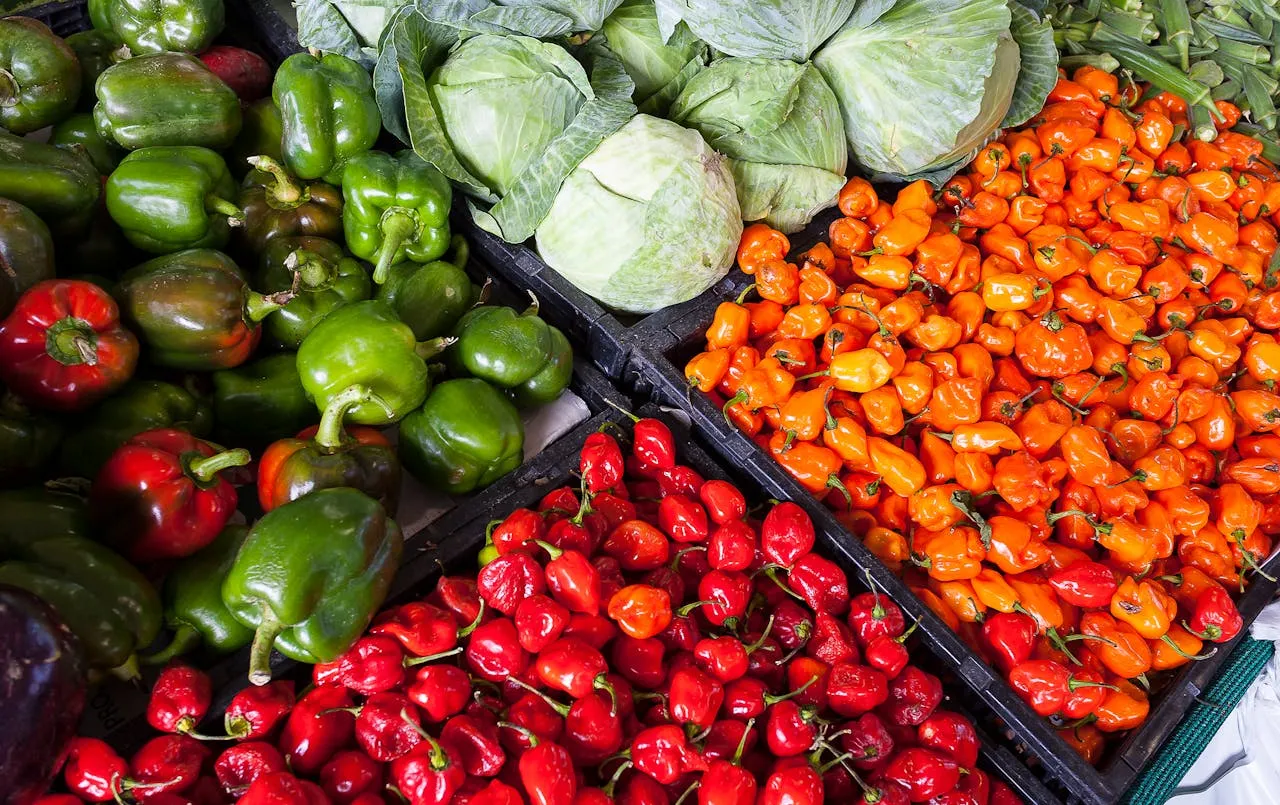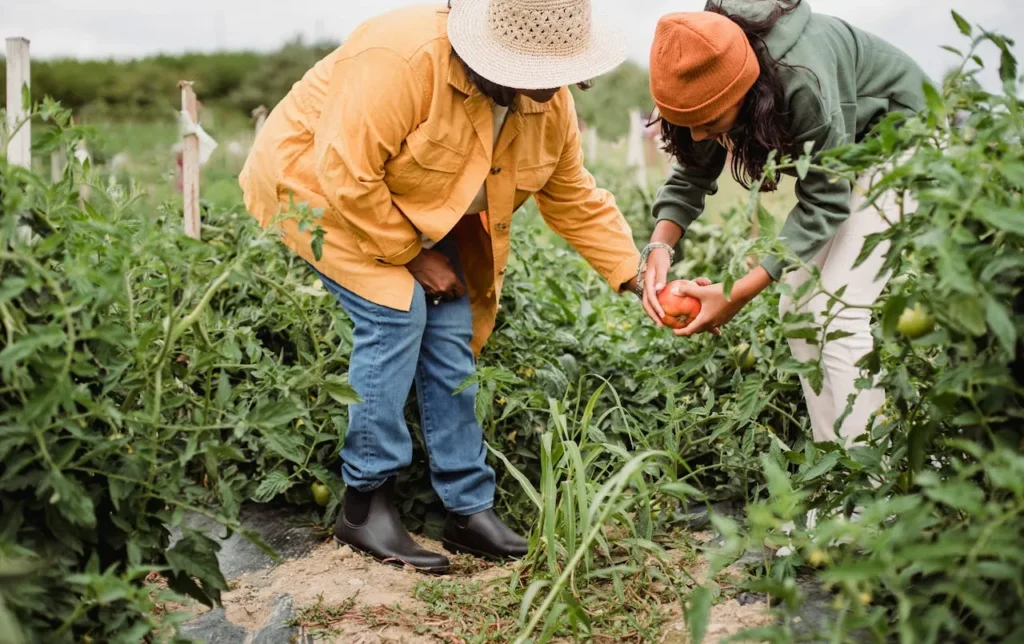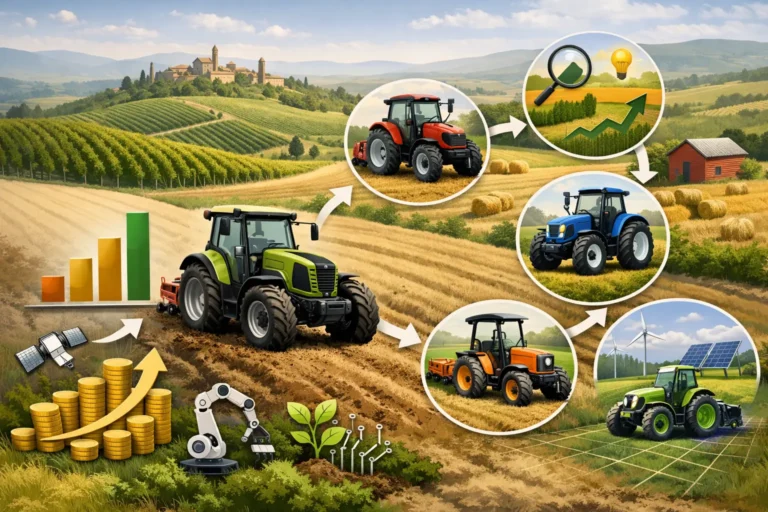
In a landmark move designed to strengthen local agriculture, food resilience, and climate adaptation, the Agricultural Institute of Marin (AIM) and the County of Marin have finalized a 40-year lease agreement to establish the Center for Food and Agriculture (CFA). Signed on September 16, the agreement represents a once-in-a-generation opportunity to create an enduring hub for farmers, food entrepreneurs, and community members.
The CFA, to be located at the Marin Civic Center in San Rafael, will consist of two major components: a permanent outdoor home for the Marin Farmers Market (scheduled to open by mid-2027) and a state-of-the-art Food Innovation Hub (expected to debut in 2028). Together, these projects will transform the Civic Center into a regional destination that celebrates farming, food, sustainability, and community engagement. Organizers believe the CFA will stand as a national model for climate-smart agriculture, food systems collaboration, and innovative food education.
Phase One: Building the Farmers Market
The first phase of the CFA focuses on creating a new, permanent home for the beloved Marin Farmers Market. For decades, this market has served as a cultural and economic anchor for the region, connecting small-scale farmers with consumers who prioritize fresh, local, and sustainably grown food. Now, with a new 3.7-acre site—known locally as the “Christmas Tree Lot”—the market is preparing for a new era.
Planned features of the redesigned market include:
- Enhanced infrastructure for farmers and vendors. The market will accommodate up to 220 vendor spaces daily, with modern amenities like permeable pavers, raised grades to address sea-level rise, underground utilities, tie-downs for tents, and improved cold, dry, and ice storage facilities.
- Improved amenities for shoppers. Visitors will benefit from permanent ADA-accessible restrooms, shaded seating areas, rain protection structures, WiFi, hydration stations, EV charging, chef parking, bike racks, and native landscaping to create a welcoming experience.
- Expanded hours and offerings. Beyond the traditional Thursday and Sunday markets, a new Tuesday market will be added, bringing more opportunities for shopping, dining, and community connection.
- Sustainability initiatives. AIM has set a goal of achieving zero waste by 2030. Early measures include reusable foodware, compostable packaging, surplus food donation in partnership with organizations like ExtraFood, compost collection both on- and off-site, phasing out single-use plastics, and replacing gas generators with electric alternatives.
With construction slated to begin soon, the Farmers Market portion of the CFA is on track to be completed by 2027, setting the stage for an expanded community presence.
Phase Two: The Food Innovation Hub
Once the market is operational, AIM will begin construction of the Food Innovation Hub, a visionary space dedicated to entrepreneurship, applied agricultural learning, and food systems innovation. Designed in the Usonian style inspired by architect Frank Lloyd Wright, the Hub will feature over 6,600 square feet of space across three buildings, making the Marin Civic Center a living extension of Wright’s original vision for a community marketplace.
Key features of the Food Innovation Hub will include:
- Food and farm business resources. Training, mentorship, and business incubation programs will help farmers diversify their income, expand sales channels, and bring new food products to market. The Hub will also offer support for land access and career pathways for future generations of agricultural leaders.
- Interactive learning environments. Demonstration kitchens, indoor-outdoor classrooms, children’s gardens, and interactive exhibits like a “bug hotel” and carbon cycle displays will offer education for learners of all ages.
- Community-focused programming. From cooking classes, “Harvest Talk” lectures, and cookbook launches to specialty dinners and public plaza events, the Hub will host year-round activities that keep the space active and inclusive.
- Climate-smart landscapes. Plans call for pollinator gardens, hydroponic towers, composting stations, and more than 100 new trees, along with greenhouses for food production.
- Sustainable building design. The Hub will rely on solar power, resilient green infrastructure, and water-conservation technologies to minimize its environmental footprint.
By its anticipated opening in 2028, the Hub will position Marin County as a leader in regenerative, equitable, and innovative food systems.
Driving Economic Growth
Beyond its social and environmental impact, the CFA is projected to have a significant effect on Marin County’s economy. According to AIM, the permanent Farmers Market alone could generate an additional $6 million annually in sales, while also supporting the creation of more than 190 jobs. The Food Innovation Hub will add to this by fostering new agricultural enterprises and expanding career opportunities in farming, food preparation, and sustainability-focused industries.

This aligns with Marin County’s Economic Vitality Strategic Plan, which emphasizes inclusive growth, job creation, and environmental leadership.
Advancing Climate and Sustainability Goals
A key pillar of the CFA is its alignment with Marin County’s climate action efforts. Both the Farmers Market and the Food Innovation Hub will be fully electric and largely powered by on-site solar panels. Additional environmental features include rainwater harvesting, carbon-sequestering gardens, composting systems, and zero-waste operations.
The project has been endorsed by MarinCAN as one of nine flagship initiatives dedicated to reducing greenhouse gas emissions and preparing the county for climate change.
Ensuring Equity and Food Access
Equity and food access remain central to the CFA’s mission. By supporting programs like CalFresh, Market Match, and produce donations, the CFA will make fresh, local food more affordable for families across the county. The expansion of AIM’s Rollin’ Root Mobile Market, now enhanced with new cold storage, will further extend access to healthy food in underserved areas.
The CFA will also serve as a critical gathering space during crises, acting as a food distribution hub and a symbol of resilience for the community.
A National Model in the Making
“This lease agreement demonstrates Marin’s belief in resilient local food systems, climate-smart infrastructure, and shared public benefit,” said Andy Naja-Riese, CEO of AIM. “The Center for Food and Agriculture will expand the very idea of a farmers market and innovation space. It is a commitment to community well-being and a living demonstration of what a regenerative, just food future can look like.”
Marin County Executive Derek Johnson echoed this vision, noting, “This agreement shows how public land can serve public good when paired with community vision and mission-driven leadership. It’s a model for how we tackle climate, equity, and create a world-class marketplace for agricultural viability and economic growth all at once.”
Community Participation
The total project cost has yet to be finalized, as construction bids are still forthcoming. However, AIM has already raised $6.8 million toward the CFA’s development. The organization is calling on the community to support the effort, whether by donating directly, signing up for newsletters, shopping at the farmers market, or attending AIM’s upcoming “Gather for the Planet” fundraising event on October 4.
With the lease now secured, the Agricultural Institute of Marin and the County of Marin are laying the foundation for a bold future—one where food, farming, education, and innovation intersect to build a healthier, more resilient community. By 2028, the Center for Food and Agriculture aims to stand not just as a local resource, but as a national model for what is possible when public and private partners work together for the common good.





